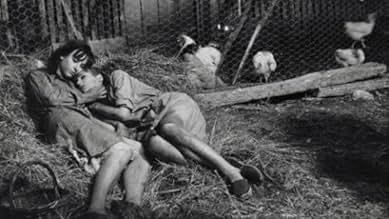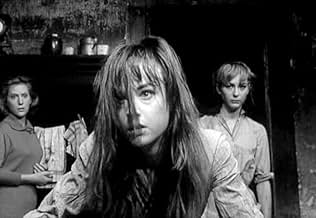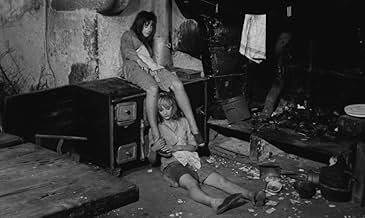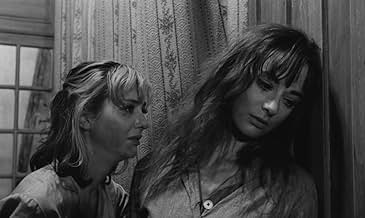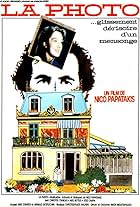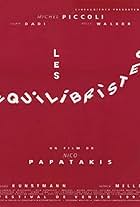A bourgeois family, who is harassed and humiliated, ruins their young maids without pay for several years.A bourgeois family, who is harassed and humiliated, ruins their young maids without pay for several years.A bourgeois family, who is harassed and humiliated, ruins their young maids without pay for several years.
- Awards
- 1 nomination
- Director
- Writers
- All cast & crew
- Production, box office & more at IMDbPro
Storyline
Did you know
- ConnectionsVersion of Stuepigerne (1962)
Featured review
Thrillers and/or horror movies that are based on true-crime cases are often the most fascinating and disturbing films to watch, simple because reality surpasses fiction and the wickedest imagination of scriptwriters. Sometimes, however, pure facts don't lend themselves to be processed into a film scenario, and it's better to read a novel or news articles - or even an accurate Wikipedia page, if available - to find out more about a notorious true-crime case. At least, that's the sentiment I felt throughout watching "Les Abysses", which is inspired by the bizarre case of the French Papin-sisters.
In 1933, near Le Mans, Christine and Léa Papin were working as housemaids in a wealthy family and barbarically murdered the lady of the house and her daughter. The facts in the case are morbidly intriguing, beyond any doubt, but the film is almost unwatchable. The pacing is intolerably slow, and the scenario is endlessly talkative. I can see this is necessary, in a way, to recreate the circumstances and to draw correct portraits of the emotionally liable sisters, but it's an ordeal to watch. Despite the sensitive - and, in 1963, still very controversial - themes like lesbianism and social class struggles, most of the film is just plain dull. The performances (by real-life sisters Francine and Colette Bergé) are very powerful, and the camerawork and set pieces are admirably stylish, but it's impossible to stay concentrated. That simply shouldn't be an issue when dealing with a sinister murder case.
In 1933, near Le Mans, Christine and Léa Papin were working as housemaids in a wealthy family and barbarically murdered the lady of the house and her daughter. The facts in the case are morbidly intriguing, beyond any doubt, but the film is almost unwatchable. The pacing is intolerably slow, and the scenario is endlessly talkative. I can see this is necessary, in a way, to recreate the circumstances and to draw correct portraits of the emotionally liable sisters, but it's an ordeal to watch. Despite the sensitive - and, in 1963, still very controversial - themes like lesbianism and social class struggles, most of the film is just plain dull. The performances (by real-life sisters Francine and Colette Bergé) are very powerful, and the camerawork and set pieces are admirably stylish, but it's impossible to stay concentrated. That simply shouldn't be an issue when dealing with a sinister murder case.
Details
- Release date
- Country of origin
- Language
- Also known as
- Die Abgründe
- Production company
- See more company credits at IMDbPro
- Runtime1 hour 30 minutes
- Color
- Aspect ratio
- 1.66 : 1
Contribute to this page
Suggest an edit or add missing content


